Catholic

A singular man, a gifted French writer, entrance into the Twentieth Century
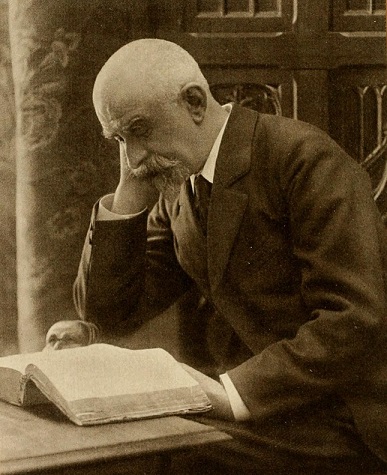
In spite of the laments of Durtal at having to leave Ligugé, those who were the intimate friends of Huysmans are clearly of opinion that he would not, in any case, have stayed there much longer. He had no real love of the country, he detested ‘the provinces’ in all that the word implies, he disliked the local inhabitants, he had even begun to fall out of love with the monks.
Gustave Coquiot¹ says that he felt around him an atmosphere of hostility it was impossible to mistake. It was inevitable that it should be so. The monks did not understand his extremely personal attitude to religion; they were shocked by his freedom of speech. From the literary point of view the law against the monasteries was a God-send to Huysmans. It enabled his experiment in oblature to end with a bang instead of a whimper. He came back to Paris, says Coquiot, exhausted and cast-down but yet with the firm, if unacknowledged, conviction that he really couldn’t live anywhere else.
Hearing of his return, François Coppée offered him an apartment in the house where he lived himself: No. 12 Rue Oudinot. It was a pleasant apartment with the use of a garden and at a reasonable price, and Huysmans was ready to move in. Unfortunately the proprietor, on hearing that a famous novelist was about to become his tenant, put up the rent.
We know that the Prior of Ligugé had proposed that he should take refuge with the Benedictine nuns in the Rue Monsieur, and this he now decided to do. He did not like the room that was offered to him, but Jean de Caldain, whom we have already seen performing kindly services for him, pointed out that he had only a few steps to go in order to reach the chapel; and there was room for his books. Huysmans was installed.
He tried count his blessings. The fact that the gate was shut at nine o’clock at night excused him from all invitations to dine out. In fact, from this point of view he was better off than he had been at Ligugé; the monastic atmosphere was more pronounced. All the passing Benedictines looked in (there were many of them in Paris owing to the upheaval) and one of these, Dom Dubourg, formerly Prior of the Paris Benedictine house of St. Marie, was actually lodged in the room above. He became Huysmans’ confessor and friend.
While still in his own monastery Dom Dubourg had heard of Huysmans’ conversion and had read En Route, as he confesses, with a mixture of admiration and repugnance. He was moved by its apparent sincerity and outraged by its realism, and for long he was unconvinced that the conversion was real. His doubts vanished when he met the author, although he was still puzzled by the contrast between Huysmans in private life, simple, natural and affable, and the creator of so many strange characters and shocking situations.
‘The First Decadent: Being the Strange Life of J.K. Huysmans’ written by James Laver
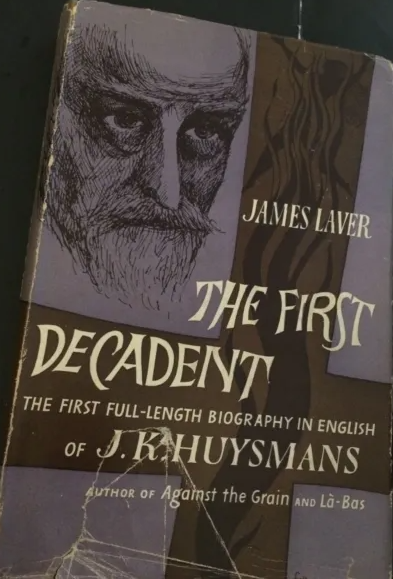

A Profound Experience in Prayer
How God renders this soul attentive to prayer, replying to one of the above-mentioned petitions.
THEN the Eternal God, turning the eye of His mercy upon this granting her requests, proceeded to satisfy the last petition, which she had made concerning His promise, saying, “Oh! best beloved and dearest daughter, I will fulfill thy desire in this request, in order that, on thy side, thou mayest not sin through ignorance or negligence; for a fault of thine would be more serious and worthy of graver reproof now than before, because thou hast learnt more of My truth; wherefore apply thyself attentively to pray for all rational creatures, for the mystical body of the Holy Church, and for those friends whom I have given thee, whom thou lovest with particular love, and be careful not to be negligent in giving them the benefit of thy prayers, and the example of thy life, and the teaching of thy words, reproving vice and encouraging virtue according to thy power.
The Dialogs of St Catherine of Seina
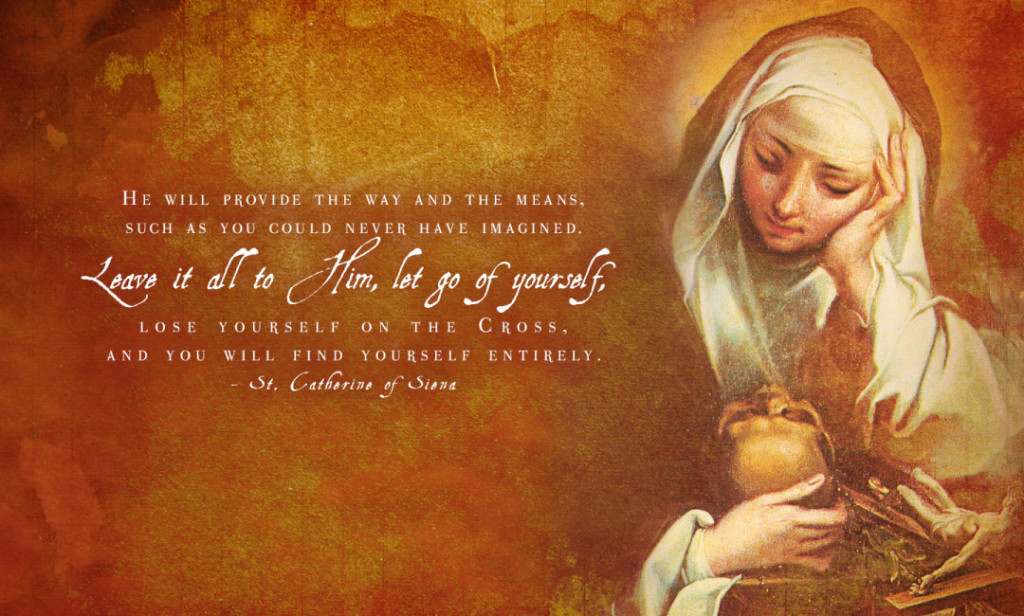

Prayer for My Father
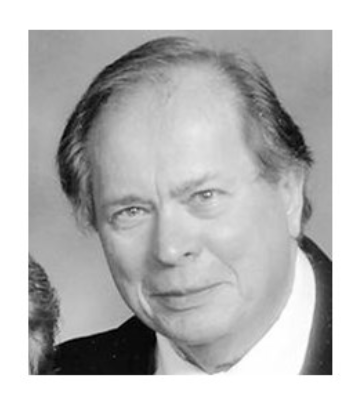
Your head is still
restless, rolling
east and west.
That body in you
insisting on living
is the old hawk
for whom the world
darkens.
If I am not
with you when you die,
that is just.
It is all right.
That part of you cleaned
my bones more
than once. But I
will meet you
in the young hawk
whom I see
inside both
you and me; he
will guide
you to the Lord of Night,
who will give you
the tenderness
you wanted here.
a poem by Robert Bly

Divine Mercy
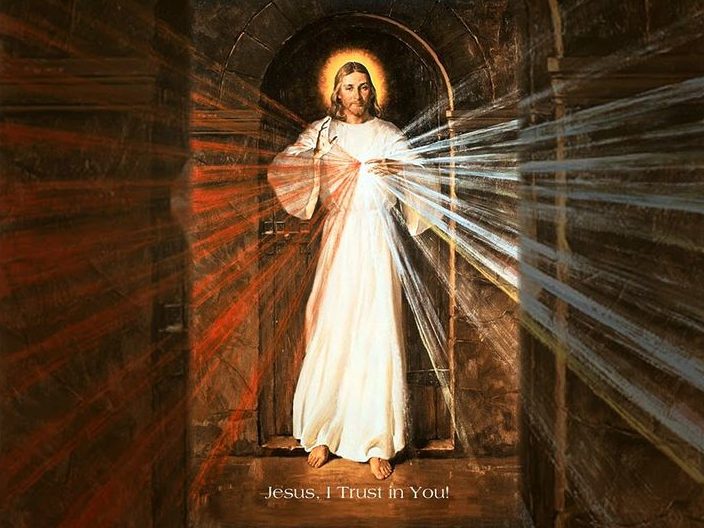

South Chicago Benedictine monks and Schola Laudis

Portage



Recent Comments